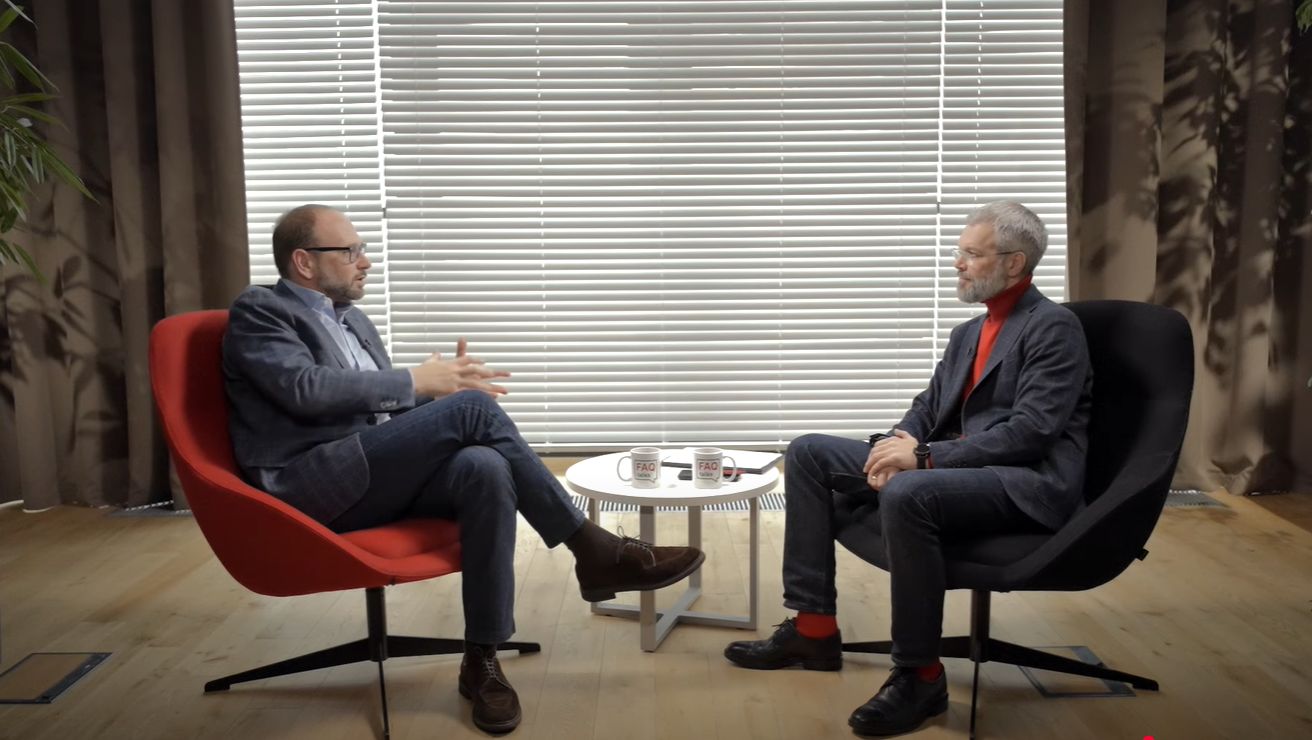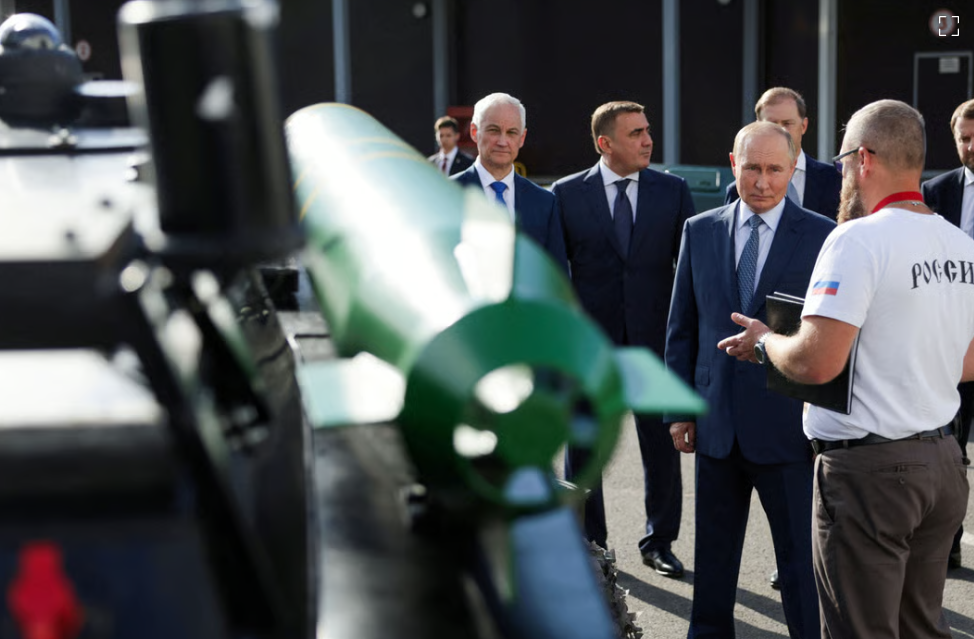Russian metal products are being sold at lower prices on the European market, which harms both Ukrainian exporters and European manufacturers, and this situation needs to be corrected.
This was stated by Dmitry Nikolaenko, Commercial Director of Metinvest, as reported by the company's press service.
"Of course, before the full-scale war, Metinvest had greater access to markets for its metallurgical products. The loss of Mariupol’s enterprises—Azovstal and the Illich Steelworks—significantly changed our business model. We no longer produce heavy plates, the volume of hot-rolled, cold-rolled, and galvanized coils has drastically decreased, and slabs have completely disappeared as semi-finished products for European assets. In other words, we transitioned from a major seller to a large buyer of slabs. We focused on the most attractive markets for us in terms of price and logistics.
Since the start of the war, sea routes have been blocked, and we lost the ability to ship products through the Black Sea, particularly from Mariupol. We were forced to transport products to the border, where we faced congestion and limited access to transshipment facilities and ports in Poland and Romania. This significantly limited our geographical reach and increased logistics costs.
As a result, we found new buyers in nearby regions. Europe opened its market by canceling anti-dumping duties on hot-rolled coils and quotas for Ukraine, which expanded our opportunities, aside from supplying pig iron and billets there. Additionally, the cessation of final product supplies from Russian manufacturers to the EU created new opportunities for us. We primarily sell pig iron in the U.S. market. Billets are sold in various markets, as in Latin America, prices can unexpectedly become more attractive than in Turkey, where the market is flooded with Russian products sold at lower prices.
We have a quota for the supply of Russian semi-finished products, including billets, slabs, and pig iron, to European markets. This quota is gradually decreasing and is expected to disappear. The Russians are forced to sell at reduced prices, which creates a market imbalance. We emphasize this at various levels, and our government officials, including Deputy Prime Minister Yulia Svyrydenko, support this position. At the same time, we have to compete under these conditions. Our European assets, such as Trametal, are operating, but due to the low market, we are forced to halt production at Valsider," explained Nikolaenko.

He also noted that the U.S. market for pig iron is currently more profitable for Ukrainian exports than the European one, due to the absence of Russian pig iron, which lowers the overall price levels.
"The American pig iron market is more favorable than the European market due to the absence of Russian pig iron, which lowers the overall price level. The American market only works with Ukrainian and Brazilian pig iron. Overall, markets have become more oriented toward Ukraine, including Eastern and Western Europe, which we can serve through land transportation.
The main markets for iron ore remain Europe and China. After the resumption of shipping in the Black Sea, we resumed supplies to China, gradually lowering freight costs. The most recent vessel from Odessa to China was chartered at a price close to pre-war levels. However, the European market remains more attractive. We are focused on delivering raw materials to European consumers, particularly in Eastern Europe.
Additionally, we have found new clients, including the company SSAB, with which we signed an annual contract for supplying pellets produced by United Mining and Metallurgical Company to their Finnish plant through Polish ports," he said.
It should be noted that in 2024, the European Union imported 5.34 million tons of mining and metallurgy products from Russia. Despite the sanctions imposed, Russian producers continue to earn significant revenue from exports to the EU, which exceeded 2.5 billion euros last year.
Earlier, Ukraine's presidential envoy for sanctions policy, Vladyslav Vasyuk, stated that Russian mining and metallurgy enterprises directly support the aggressor's military-industrial complex and called for the EU to strengthen sanctions against Russia's metallurgy sector.




















